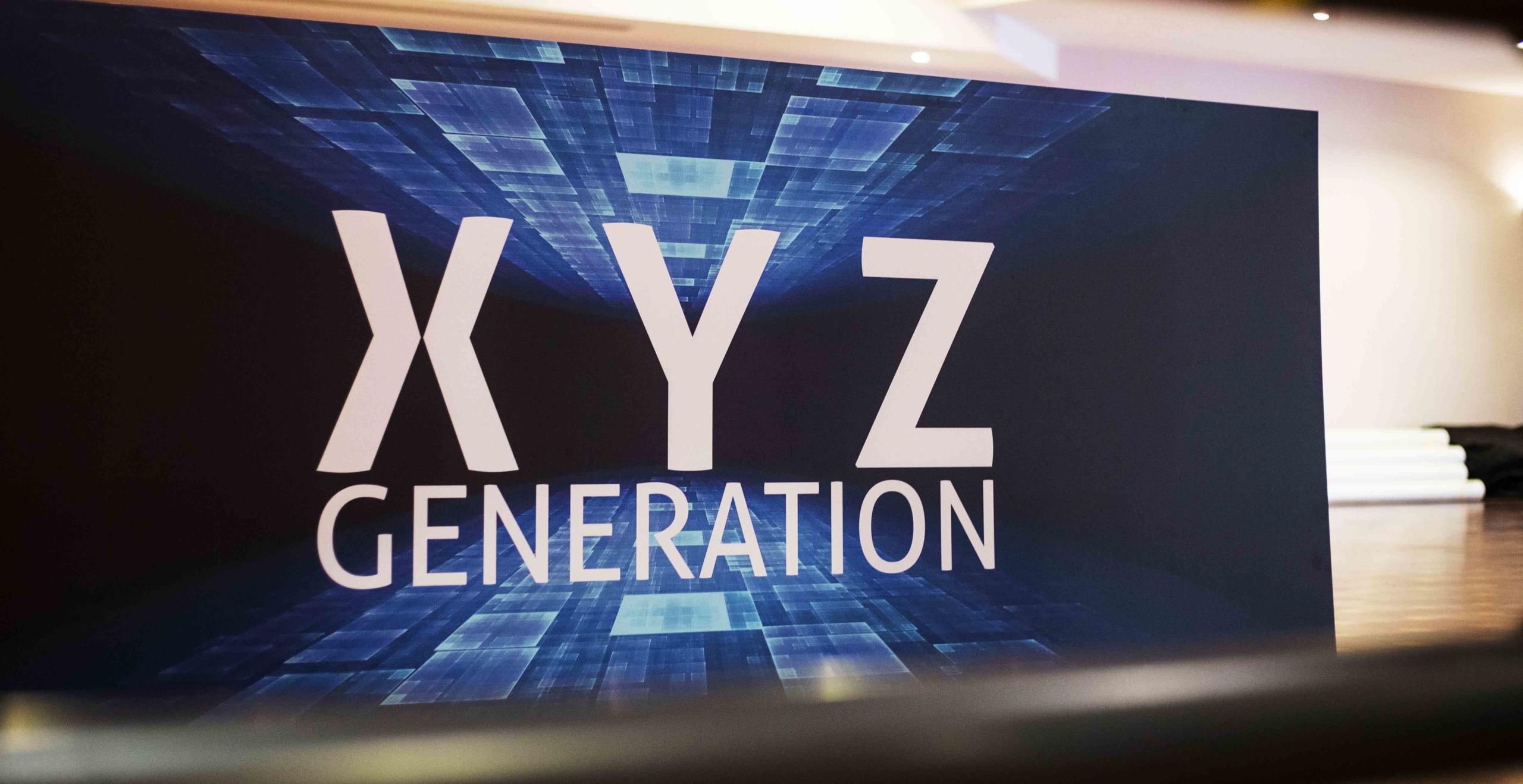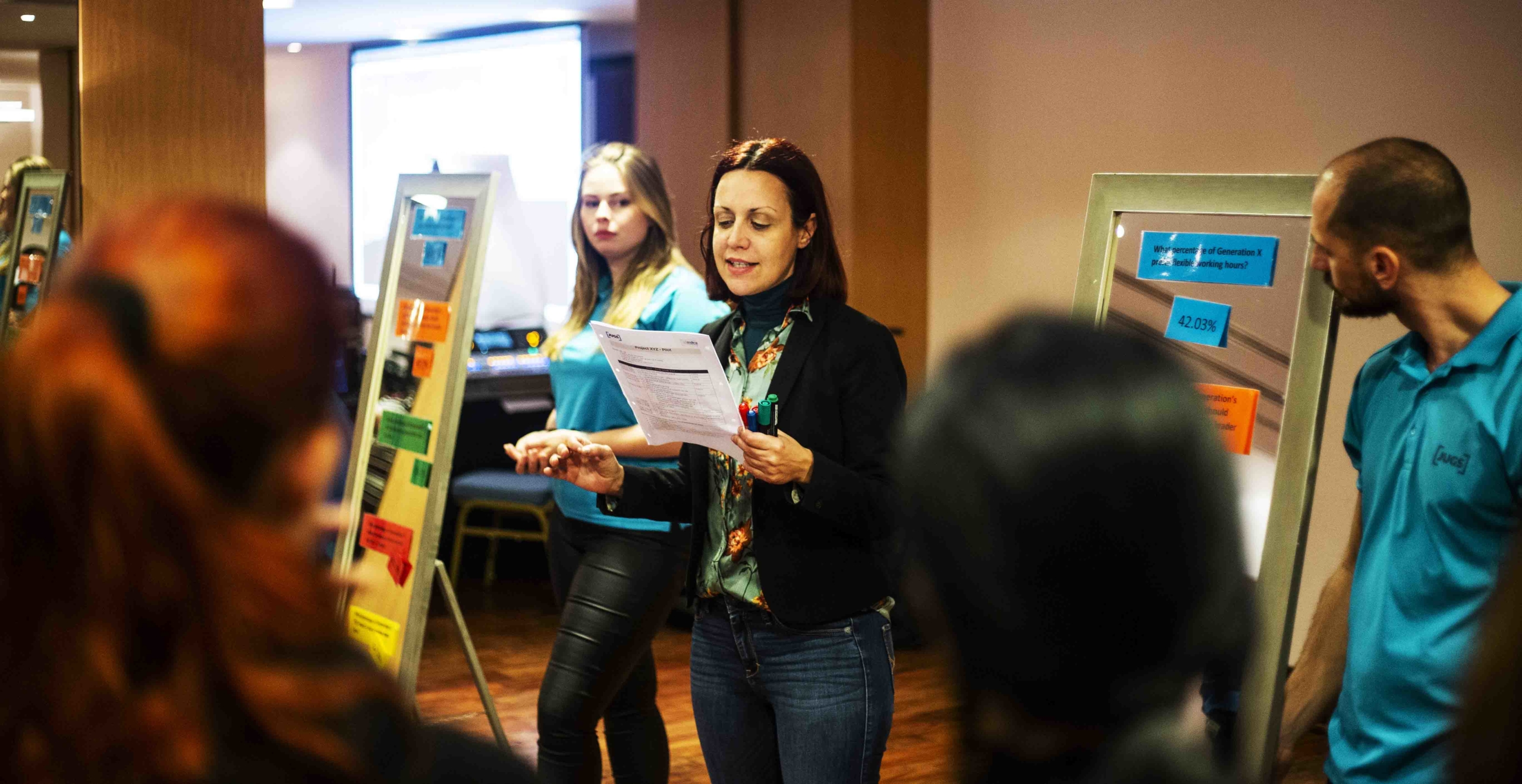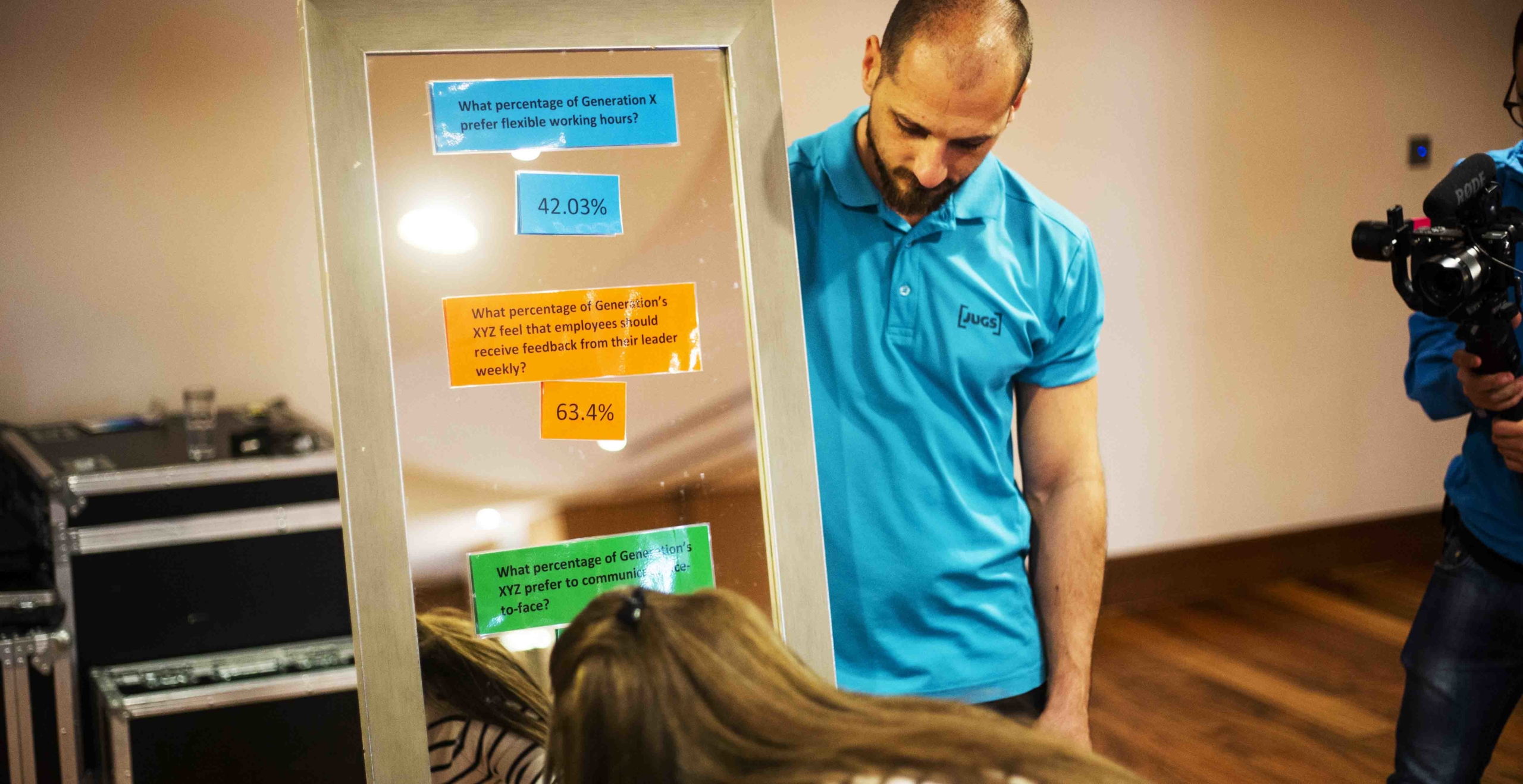
Generational differences can often lead to misunderstandings and a lack of respect amongst coworkers. Over time, these disputes can erode employee morale and even affect the bottom line.
They often manifest themselves in differences in behaviour, responses and reactions. Millennial communication styles for example, often cause tension with older generations at work. One in three millennials think they are good, efficient, communicators and prefer to focus on the process required in order to achieve the desired outcome. From the other perspective, many baby boomers and those from Generation X consider themselves personal communicators who are focused on building human connections and relationships.
These differences in styles of communication command the respective generation’s approach to communications in the place of work. For example, about a third of millennials use social media and instant messaging to communicate daily with colleagues and clients, compared to circa 1 in 10 of baby boomers. Apart from communication styles, Millennials are typically much more focused on their life/work balance when compared to baby boomers and Generation X who are known to be the cut-throat hard-workers. This could also create much antagonism. When it comes to technological knowledge Millennials are extremely well-versed and ahead of their predecessors and this is an important asset when hiring millennials. Due to rapid technological progress, for Millennials, modern technology is an extension of themselves, and thus, it is not just a hobby, but a way of life.
- How can these generational differences affect the bottom line? Miscommunication and misunderstandings generate mutual feelings of disconnection and potential friction at the place of work which in turn affects employee morale and motivation. As a consequence less engagement eventually takes its toll on employee productivity and performance. This domino effect or chain reaction inevitably bites a chunk out of the bottom line.
- How can differences be addressed and overcome? Firstly, recognise that these differences exist and that they account for many instances of miscommunication, perceived disrespect or friction between coworkers. Many of the older generations are offended by Millennials’ casual approach to authority, while Millennials may not understand the older generations’ adherence to rules and regulations. However, if the generations take some time to understand each other’s backgrounds and values, they will recognise the role of generational differences in their office behaviour. It ultimately all boils down to open communication and mutual understanding. Put yourself in the other generation’s shoes so as to understand their perspective and reasoning.
An effective way of promoting cross-generational engagement is through synchronised team-building and training workshops which really give different generations the opportunity to step on the other side, immerse themselves and come out with a newfound perspective and appreciation.
Working with teams from different client companies, the different cross-cultural or generational differences have become evident, as has the need for better and more long-lasting cross-generational engagement at the place of work.
Together with our training partners at Mdina International, we have developed a team-building and training programme: Generation XYZ. It purely deals with all of the issues mentioned here in a down-to-earth, engaging way. The programme is based on a vast study carried out by Esprimi (Business Leaders Malta), which helps understand the differences and similarities between generations.
Drop us a line if you would like to find out how your team can benefit from this programme.







